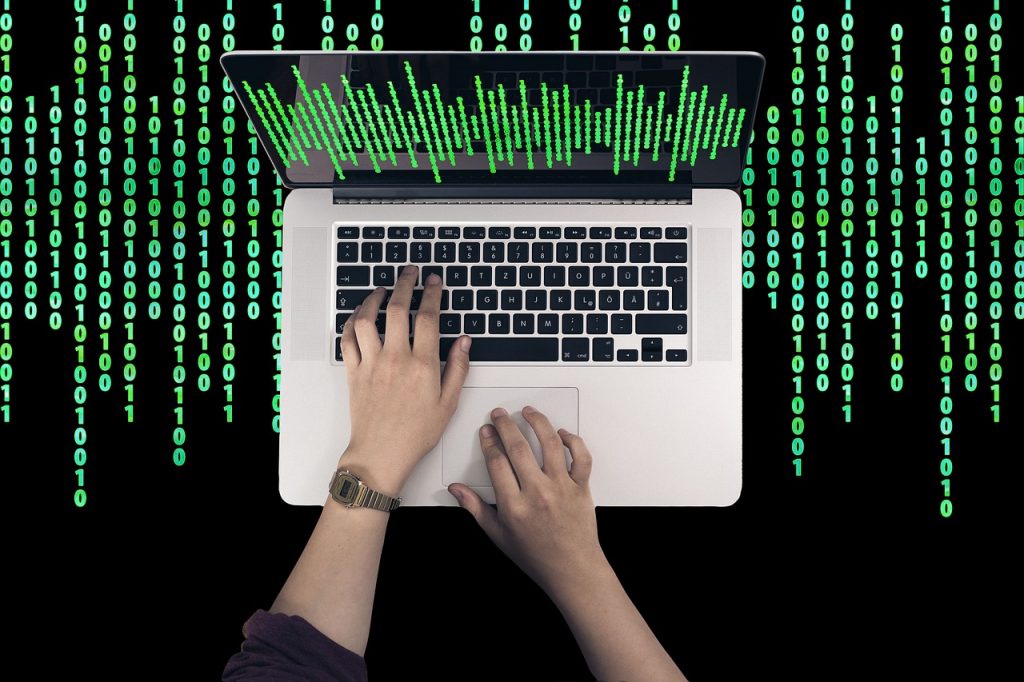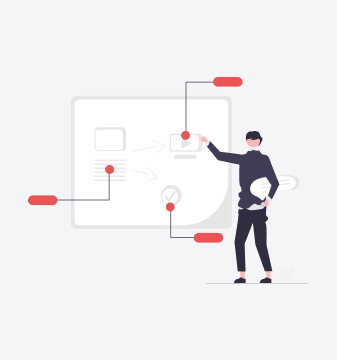In our contemporary, data-driven world, a data scientist’s role has risen to tremendous heights. This article scrutinizes the key responsibilities incumbent upon a data scientist and explores the distinctions between a data scientist vs data analyst.
What Are The Duties Of A Data Scientist?
Want to know, ‘What does a data scientist do?’ Initiating data exploration, data scientists pinpoint the sources of data. Following this process, they gather and clean the data, preparing it for rigorous analysis.
Modeling
Building predictive models serves as a fundamental duty. Data scientists meticulously choose suitable algorithms; they are responsible for training these models and, moreover, fine-tuning them to ensure absolute accuracy.
Feature Engineering
Engineers extract features from the data; this enhances model performance, making the data more instructive for machine learning algorithms.
Visualization
Data scientists use data visualization techniques to present their findings comprehensibly. Consequently, this aids stakeholders in decision-making.
Pursuing a Career in Data Science: A Comprehensive Guide
Wondering, ‘how to become a data scientist?’ Most data scientists possess a bachelor’s degree in specialized domains such as computer science, statistics, mathematics, or engineering. Meanwhile, many opt to delve further into their chosen field by pursuing advanced degrees, either at the master’s level or even a Ph.D., to broaden and deepen their expertise.
Skill Development
Mastering statistical concepts, learning programming languages like Python or R, and gaining hands-on experience with machine learning libraries are essential.
Portfolio and Projects
Creating a portfolio of data science projects exemplifies practical skills to prospective employers. Furthermore, participating in Kaggle competitions could yield significant benefits.
Let us delve into the differences between a data scientist vs data analyst:
Data scientists are the architects of data. They bear the responsibility for collecting, cleaning, and organizing vast datasets. Their role further involves developing complex machine-learning models and algorithms that extract meaningful insights.
Data analysts focus on the interpretation of data. They meticulously examine existing datasets and identify trends, patterns, and correlations,, providing actionable insights for decision-makers.
Unveiling the Differences: Data Science versus Data Analytics

Source: Pixabay
The primary distinction between data science vs data analytics is that data science, a multidisciplinary field, comprehensively covers the entire data lifecycle. Its experts known as data scientists, boldly target new insights.
They construct predictive models with one primary purpose: propelling business decisions. Examining historical data to understand past performances is the focus of data analytics. This is what differentiates data science vs data analytics.
It aims not just to answer specific questions but also to solve immediate problems. It’s a bridge between the realities of yesterday and plans for tomorrow.
Conclusion
In the mind of a data scientist, data analysis, modeling, and communication claims center stage. One must distinguish between data scientist vs data analyst and comprehend disparities amid diverse strands, such as data science vs. data analytics, in this multifaceted world of Data Science.
As we witness continuous evolution within our landscape, the pivotal role that a data scientist plays becomes undeniable. They unlock hidden potential from datasets, drive innovation, and shape futures.
FAQs
1.What distinguishes a data scientist vs data analyst?
The primary distinction between data scientist vs data analyst is that data scientists construct predictive models. Meanwhile, data analysts decode pre-existing data.
- Is it possible for me to pursue a career in data science, even without a computer science degree?
Diverse educational backgrounds may be a gateway into the field, provided you possess applicable skills and experience.
- Which programming language should I master to pursue data science?
Python is highly recommended for data science because of its extensive libraries and versatility.




